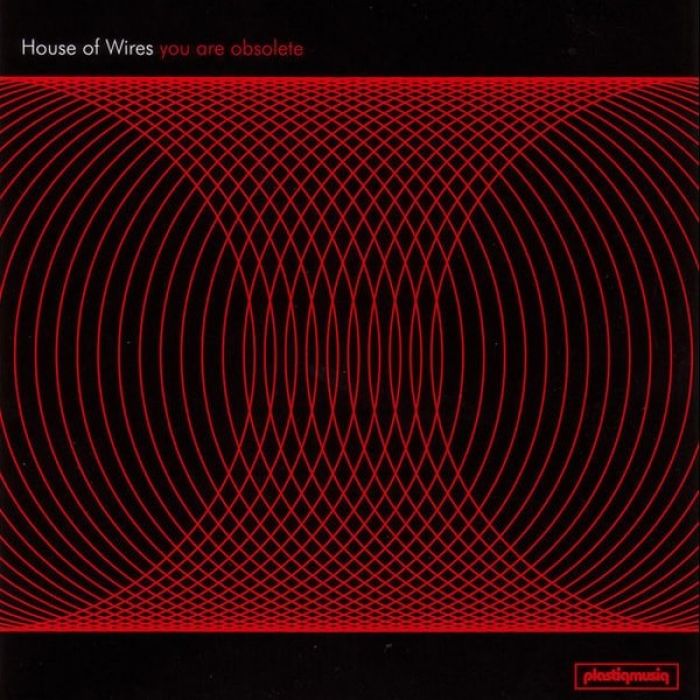You Are Obsolete by House Of Wires (Review)

Pop in You Are Obsolete and several bands leap immediately to mind: Erasure, the Pet Shop Boys, and all of those other synth-pop groups that managed to wed bright, cheery melodies with melancholia. Now, in Christian circles, when you mention synth-pop, only one group comes to mind — the mighty Joy Electric. And the Joy Electric connection is obvious; Ronnie Martin even produced the album.
However, House of Wires is much less poppy and video game-y than Joy Electric; they’re much more sombre and mellower, at times reminiscent of early Depeche Mode. The album starts off with a quartet of great tracks including the Black Francis-penned “Where Is My Mind?” and “Latency,” which features a bridge that was stuck in my head for days. Lyrically, they cover themes including the futility of man’s efforts, childhood and motherhood, and Christ’s redemption while using the very artificial-like metaphors of structures, machinery, and buildings for mankind and his works.
Rather than just relying on synthetic sounds and textures, which do make up a bulk of the music, House of Wires also relies on more traditional instruments (violins, cellos, and accordion). Although used sparingly, they add a bit more depth to the overall sound.
Unfortunately, two things work against You Are Obsolete. About halfway through, the album really begins to drag. If several songs had been removed, this would’ve made a great EP. And finally, John Sonnenberg’s near-emotionless vocals really begin to grow wearisome after awhile. On songs like “Breathe,” where he intones “I feel happy inside,” I just want to chuckle. If I wanted to listen to a monotone, I wouldn’t be graduating from college. I understand what he’s trying to do — mirror the robotic sounds of the machine — but it doesn’t work very well for long stretches at a time. I mean, if the singer sounds bored by his own music, then what’s the point?
The album picks up towards the end, especially with the great cover of Optic Rain’s “When Words Fall.” However, I really find myself itching to hit the skip button towards the eighth or ninth track. All in all, this strikes me as a full-length that would have been a better EP had more judicious editing been used.
While I may not necessarily be leaping at the thought of House of Wires’ next album, this is a fairly solid entry into the slowly-growing world of Christian electronic music. It also shows that a band with their feet firmly planted in the music of the ’80s can still release music that sounds good in the ’90s.